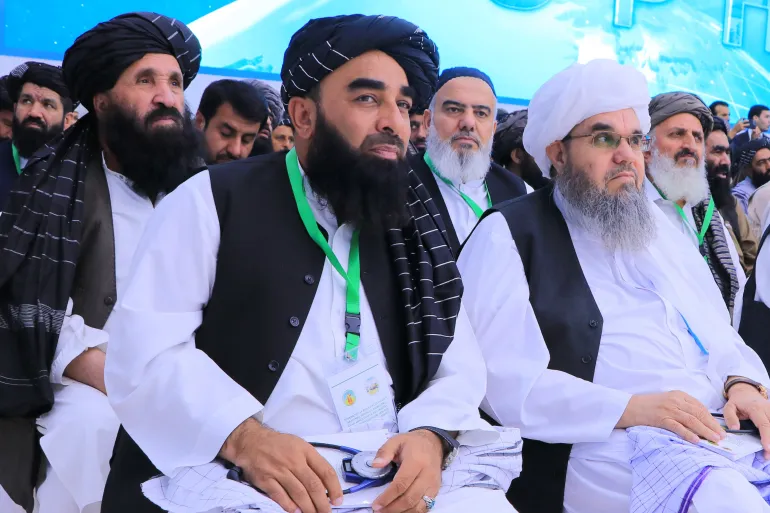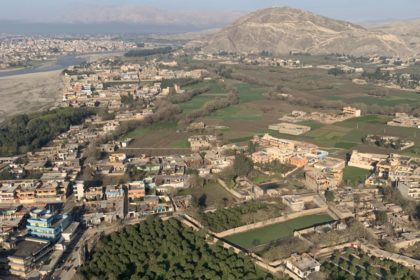RASC News Agency: Nearly four years after the Taliban’s return to power, the group continues to govern Afghanistan under the guise of an “acting administration” a situation that, according to citizens and analysts alike, is not only highly unusual but also indicative of deep political instability and a profound lack of transparency within the Taliban’s internal power structure. On Monday, in an interview with Ariana News, Taliban spokesperson Zabihullah Mujahid attempted to justify the prolonged state of provisional governance, claiming it was the result of “certain political considerations.” Without elaborating on the nature of these so-called considerations, Mujahid insisted that maintaining an acting cabinet was in the best interest of the Taliban regime and the people of Afghanistan.
He went on to stress that the title of “acting minister” does not imply a lack of authority. “The leadership has granted full powers to the ministers and officials to perform their duties without restriction,” he stated. However, critics view such claims as evasive and unconvincing. Since seizing Kabul in August 2021, the Taliban had initially promised that their administration was temporary and that a permanent and inclusive government would be established following a period of consultation and review. That promise, nearly four years on, remains unfulfilled. Instead, individuals labeled as “acting” ministers most of them Taliban loyalists continue to wield power without legal mandate or constitutional legitimacy.
Observers argue that the Taliban’s unwillingness to formalize a government structure reflects a deeper desire to monopolize power and evade accountability. In the absence of a defined legal framework and institutional clarity, transparency and responsibility in governance have been severely undermined. The sustained reliance on “acting officials” for such an extended period is virtually unprecedented in modern political history. In most functioning political systems, acting roles are reserved for emergencies and short-term transitions. The Taliban’s prolonged use of this mechanism, many argue, points to a structural crisis within the regime itself an internal deadlock driven by ideological rigidity, factionalism, and the absence of governing vision.
Equally alarming is the Taliban’s continued refusal to engage other political, ethnic, and civil society groups in any meaningful form of power-sharing. The lack of both domestic legitimacy and international recognition is seen by experts as one of the primary barriers to the formation of a formal and inclusive government. The regime’s exclusivist nature and rejection of political pluralism have rendered any prospects for national unity or long-term stability increasingly remote. Despite repeated Taliban assertions that they have brought “stability, security, and political independence” to Afghanistan, a fundamental question remains unanswered: If such claims are true, why does the group continue to operate under an interim structure, devoid of constitutional clarity, inclusive representation, or legal accountability?
Until the Taliban commit to establishing a clearly defined political structure, draft and implement a transparent constitution, and institutionalize a culture of accountability, the so-called “acting government” will remain a source of deep public distrust and international isolation. This indefinite governance limbo not only reflects the Taliban’s autocratic tendencies but also exposes Afghanistan to further socio-political fragmentation. Without a legitimate and permanent government, the future of Afghanistan remains hostage to an unaccountable regime that governs in ambiguity, shields itself from responsibility, and silences alternative voices under the false pretense of stability.






